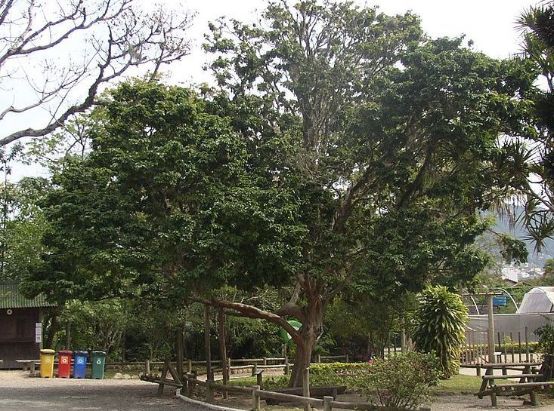Stricter species protection
Unisono (German Music and Orchestra Association) is concerned about the continued use of wooden bows for string instruments. There is currently a threat of a general ban on the use of pernambuco wood, which is the only wood that guarantees the production of bows for stringed instruments of the highest quality.

The international CITES Conference of the Parties, an international trade convention with the aim of sustainably using and conserving animal and plant populations, is discussing from November 14 to 25 in Panama whether pernambuco should be upgraded without exemption rules. This would have dramatic consequences for trade, but above all for the cross-border travel of orchestras and musicians with string instruments and their pernambuco bows.
The sheets would probably have to be certified for material and year of manufacture and registered by the lower environmental authorities in the municipalities at short notice. If this does not happen on time, which is to be expected given the shortage of staff at the local environmental authorities, musicians would no longer be able to travel with a pernambuco bow.
Since 2000, bow makers from all over the world have joined forces with the support of stringers to form the IPC initiative (International Pernambuco Conservatory Initiative). This makes them one of the most important protectors of the species. To date, more than 340,000 new pernambuco trees have been planted. Experts have also initiated numerous socio-cultural programs in Brazil and botanical studies on this type of wood.
"In the long term, a ban on the use of pernambuco would lead to the extinction of bow making worldwide and threaten the sound aesthetics of string instruments and orchestras," explains unisono Managing Director Mertens. "In addition, the initiatives to reforest pernambuco would come to an end. This would mean that pernambuco as a species would be more threatened than protected."








